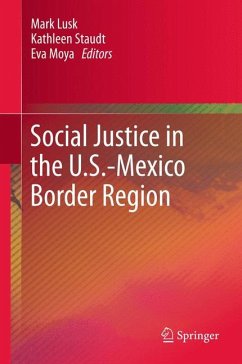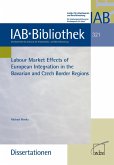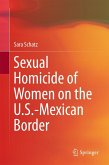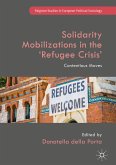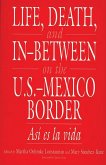Dieser Download kann aus rechtlichen Gründen nur mit Rechnungsadresse in A, B, BG, CY, CZ, D, DK, EW, E, FIN, F, GR, HR, H, IRL, I, LT, L, LR, M, NL, PL, P, R, S, SLO, SK ausgeliefert werden.
Hector Luis Diaz, Ph.D., Professor and Chair, Department of Social Work, The Univrsity of Texas - Pan American
"Social Justice in the the U.S.-Mexico Border Region frames the broad issues of how to value human rights and bring dignity to the lives marginalized border residents. The conceptual framework allows the reader to gain insights about how gender and violence are often linked, health disparities are magnified, and services like mental health care are so challenging to navigate in the borderlands. I strongly recommend this book for those seeking to better understand the human dimension of the inequalities which exist along the U.S.-Mexico border."
Christine Thurlow Brenner, Ph.D. President, Association of Borderlands Studies, Associate Professor of Public Policy and Public Affairs University of Massachusetts

